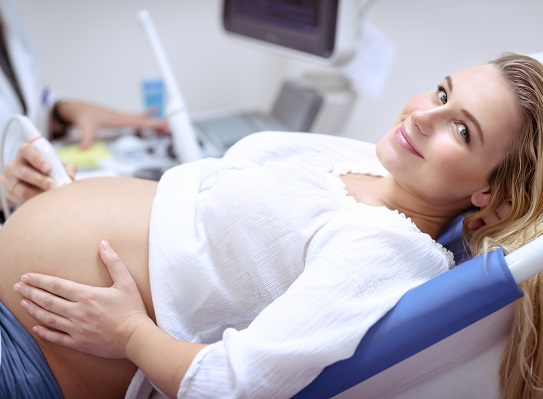MINIMAL STIMULATION IVF
Mini-IVF, or minimal stimulation IVF, is an infertility treatment similar to standard IVF but uses less medication to stimulate the woman’s ovaries.
What is Mini-IVF
(Minimal Stimulation IVF)
- Mini-IVF, or minimal stimulation IVF, is an infertility treatment similar to standard IVF, but uses less medication to stimulate the woman’s ovaries.
- Because fewer eggs are retrieved and thus fewer chances for embryos to develop, mini-IVF is less effective than standard IVF.
- But it can be the better option for certain women, such as those with low ovarian reserve or those who are not comfortable with having frozen embryos.
- Many women and couples choose mini-IVF because it tends to result in less chance of adverse reactions to the stimulation medications.
- Mini-IVF is also significantly less expensive than standard IVF (in vitro fertilization) because it requires lower doses of costly medications and fewer office visits.

What are the benefits of Mini-IVF?
- Many patients choose mini-IVF for its lower cost, but there are a number of other benefits as well:
- Fewer clinic visits, ultrasounds and blood work
- Lower drug dosages
- Less possibility for drug reactions, including OHSS
- Less likely to have leftover embryos to freeze
- Less likely to require anesthesia for egg retrieval
- Less possibility for a multiple pregnancy (twins or more).
Who should consider Mini-IVF?
During a standard IVF cycle, ovaries are stimulated with the goal of producing a maximum number of eggs (usually 10-15). When a woman has diminished ovarian reserve, her ovaries contain few eggs and/or eggs of poor quality. So even with fertility medication, she will not produce the high number of eggs needed for standard IVF. Mini-IVF uses fewer eggs, which is more attainable for women with diminished ovarian reserve.
Because mini-IVF uses a lower dose of medication, it reduces the risk of developing drug reactions. Certain reactions, including ovarian hyper stimulation syndrome (OHSS), can slow down the fertility treatment process or interfere with it completely. Many women and couples have a general desire to use fewer medications when possible, and often a specific desire to use fewer drugs in conception.
Since mini-IVF uses less medication and requires fewer office visits than standard IVF, it is significantly less expensive. One mini-IVF cycle costs around $7,000-8,000, which is about half the price of a standard IVF cycle. The lower cost of mini-IVF can be especially beneficial if the first round is unsuccessful because it gives couples the option to try again without having to pay for another full cycle of standard IVF.
Mini-IVF is a great option for infertile couples needing IVF who have particularly busy schedules. It requires fewer clinic visits, blood work, and ultrasounds than standard IVF.

